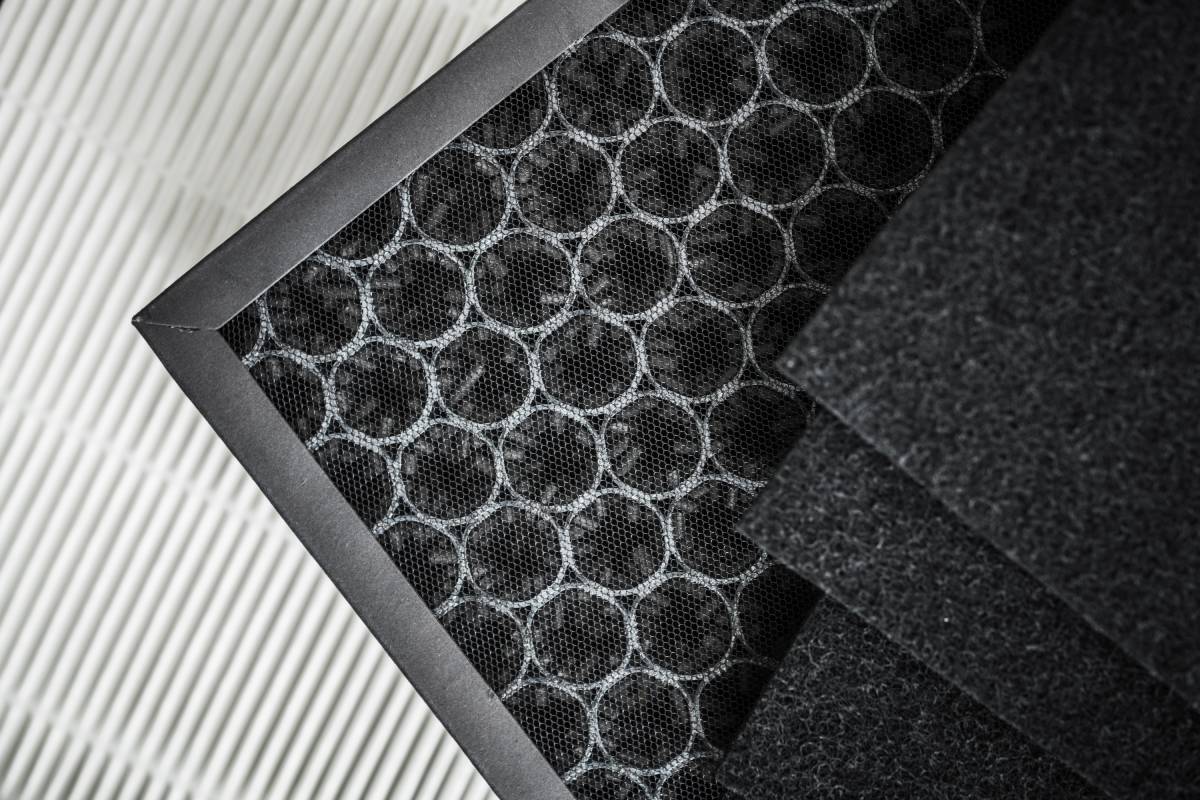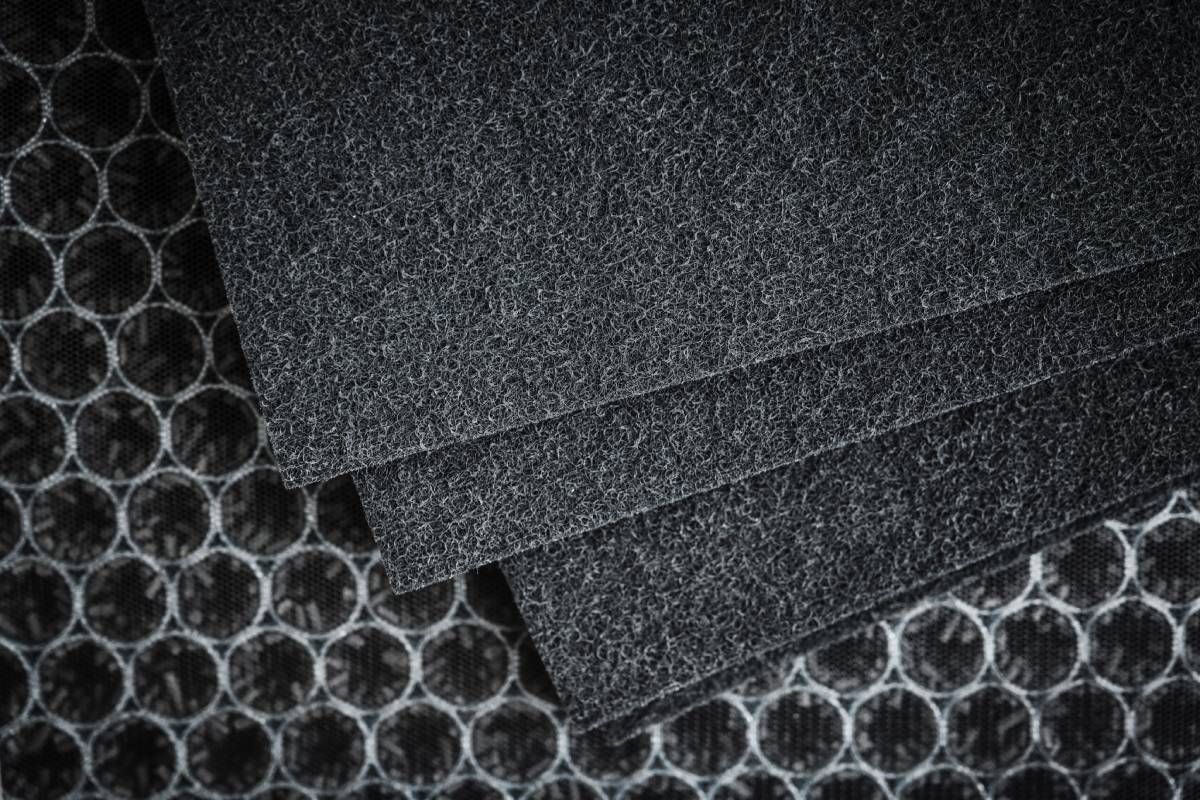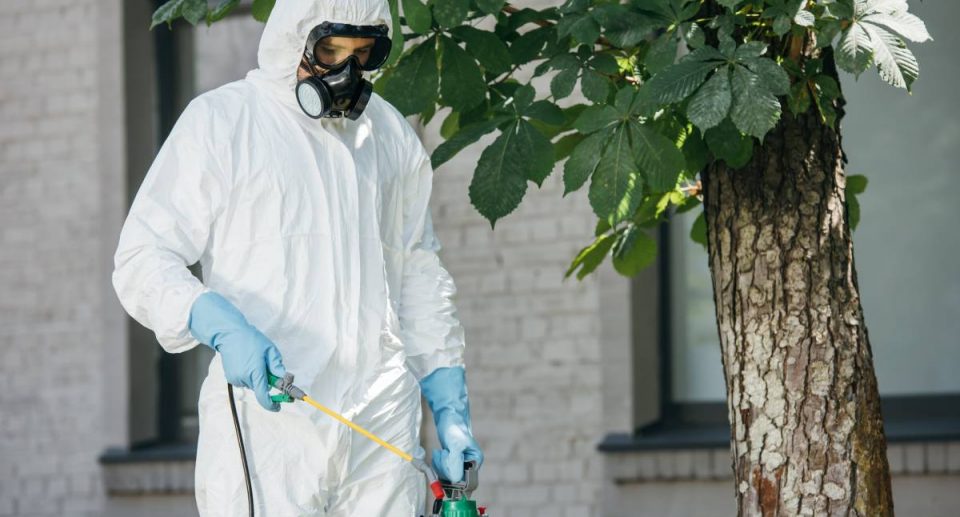
If you’re tired of pests in your home and looking for relief, you can easily hire some professional pest control to significantly eliminate any infestation at any time. But you might be wondering: How long does the pesticide treatment stick around?
In the pest control industry, 2 primary solutions stand out: insecticides and rodenticides. These treatments come in versatile forms, ranging from liquid to solid. Each method plays a crucial role in addressing various pest challenges, emphasizing the importance of tailored approaches for effective pest management.
Ready? Let’s do it.
Related article: Is it okay to tint your house windows? What is the best window tint for home windows? Is ceramic tint
How Long Does Pest Control Last?
Pest control treatments vary in how long they last. Some are effective for only a few weeks, while others need to be done every 3 to 6 months. For example, treating ants requires repetition every 3 to 6 months, and bedbug treatments are specialized and provide lasting effects.
A professional can guide you on the right treatment schedule and when it’s safe to re-enter your home. This article discusses different pest control treatments and their durations.
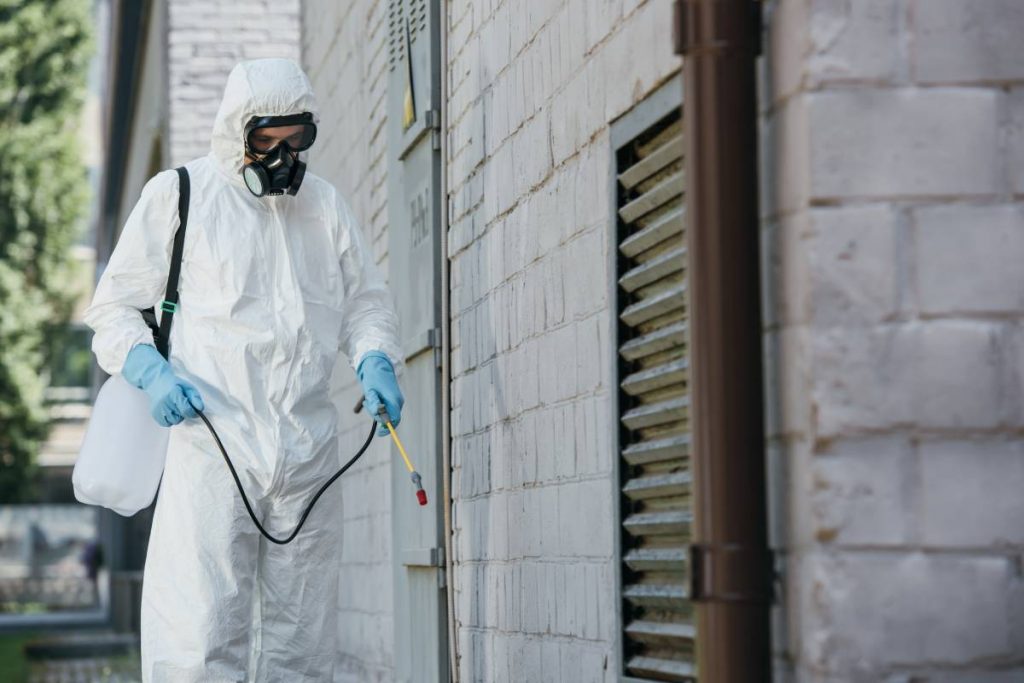
Termites are known for damaging wood structures. Without treatment, they can severely harm a home. Early detection is crucial, and modern termite treatments work well, but their duration depends on the method used.
The duration of a pest technician’s work depends on the infestation type. General pest control treatments last several months and target common household pests. However, these treatments may not work for termites or serious infestations. They typically eliminate roaches, spiders, and woodlice. The expert applies potent pesticides along baseboards and occasionally outside the house.
The effectiveness and residual effects of pesticides depend on the type, surface, and environmental conditions. A typical pest control treatment lasts 30 to 90 days. Insecticides for flying insects endure about 30 days but can be affected by weather. Treatments for entire infestations should be repeated every 90 days.
Insecticide residuals vary in duration, influenced by application amount, surface, and environmental factors. Some last for days, while others for weeks. Insects may survive for a couple of months. Factors like temperature, air movement, moisture, and light influence treatment duration. Professionals choose products based on these factors and the purpose of treatment.
A well-executed general vermin control treatment typically lasts 3 to 6 months. Monthly visits may be needed for 3 to 6 months in case of an insect infestation, while treating ants requires quarterly visits. In extensive infestations, monthly visits may not be sufficient. Regular inspections are crucial for maintaining the effectiveness of the treatment, regardless of its initial success.
How Long Does Insecticides Last?
Insecticides target various insects such as ants, cockroaches, and termites. The duration of pest control effectiveness depends on the type of treatment used for each insect:
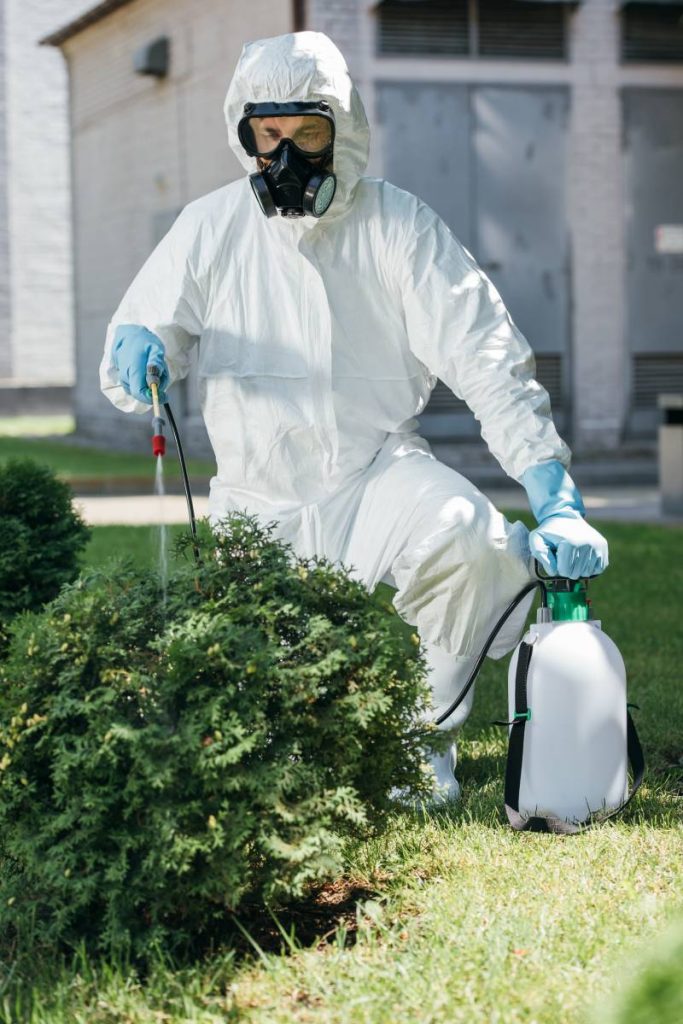
- Ants:
- Liquid Form: Ants die instantly with liquid-form pest control, particularly those containing deltamethrin or permethrin. These ingredients are safe for people with asthma and during pregnancy.
- If ants persist after two weeks, switch to a solid-form treatment. It takes longer but spreads to the nest. Wait for 3 weeks, and if ants persist, locate the nest and use a more potent liquid treatment.
- If the nest is hard to find, especially within walls, consider hiring a professional pest control specialist. Their treatments typically last up to 6 weeks.
- Cockroaches:
- Pest control treatments for cockroaches come in liquid, gel, and solid forms. They can affect other cockroaches through secondary transmission.
- The average duration of this treatment is 6 weeks. If cockroaches persist, consider heat treatment, which is chemical-free and effective for up to 120 days, requiring continuous re-treatment.
- Termites:
- Termite pest control treatments are available in liquid, solid, and powder forms.
- For solid or powder forms, check every four weeks. While progress may be slower, these treatments can keep your house termite-free for a year.
- Liquid-form treatments may not kill termites instantly but can infect others via direct contact, lasting up to 5 years.
In summary, the choice of pest control and its duration depends on the specific insect, the form of treatment, and the effectiveness observed over time. Professional assistance may be necessary in challenging situations.
How Long Does Rodenticides Last?
Rodenticides are available in solid form and are commonly used with baits. The best ones contain second-generation anti-coagulants such as Brodifacoum, Bromadiolone, Difenacoum, and Difethialone, which have a powerful effect on rodents, causing death in a single feeding. First-generation anticoagulants like Warfarin, Chlorophacinone, and Diphacinone are also suitable.
The duration of effectiveness depends on the number of rodents and the placement of the bait. If located on the main rodent entryway, it may need refilling every 12 hours or 2 days.
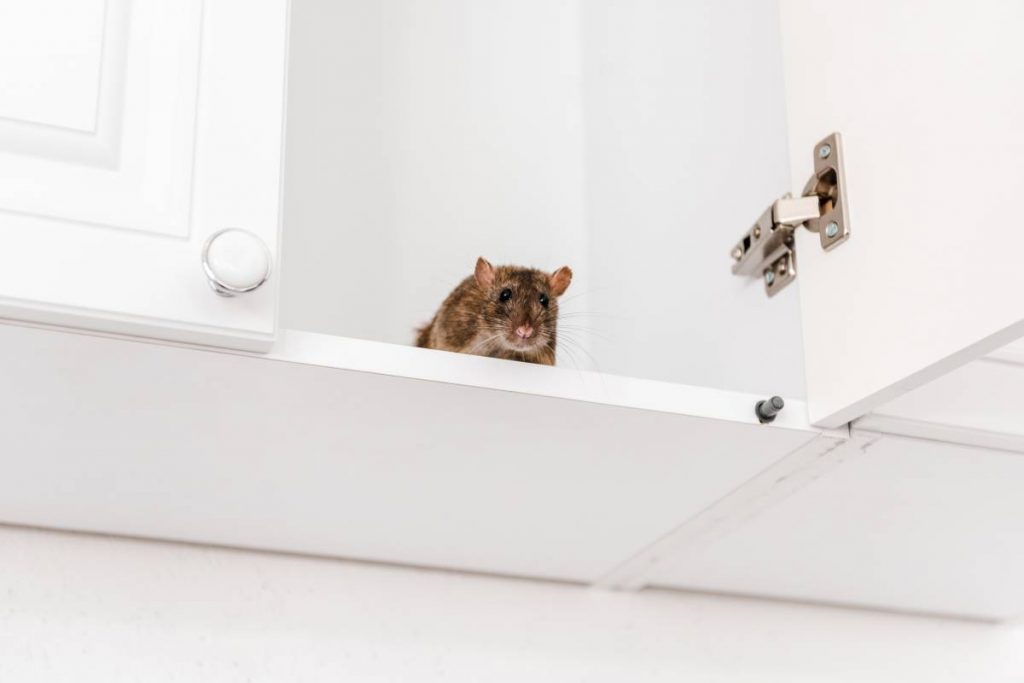
However, a drawback of rodenticides is their potential harm to pets and wildlife. To prevent harm, place them out of reach of pets and dispose of dead rodents promptly. If wildlife consumes a poisoned rodent, they can be affected too.
If you’re unsure where rodents are in your home, consider hiring a professional pest control specialist. They can pinpoint rodent locations using their expertise and equipment. Some specialists use a chemical treatment effective in a single spray, but it has a short duration.
Regardless of the rodent control method, seal all holes in your property to prevent further entry.
While pest control treatments effectively eliminate pests, they can pose health risks. To ensure family safety, carefully read label instructions, noting toxicity levels (slight, moderate, or high) and warnings (caution, keep out of reach of children, and dangerous poison).
In conclusion
The duration of pest control results depends on the treatment used. Mild treatments typically last at least 3 weeks, while more robust ones can extend up to 90 days. For severe infestations, monthly treatments are crucial for 3 to 6 months, paired with quarterly inspections.
Following this, it’s advisable to continue with quarterly treatments and inspections to ensure ongoing protection. In general, for regular pest control, we recommend quarterly treatments to maintain the safety and security of your home, keeping those pesky pests at bay.








